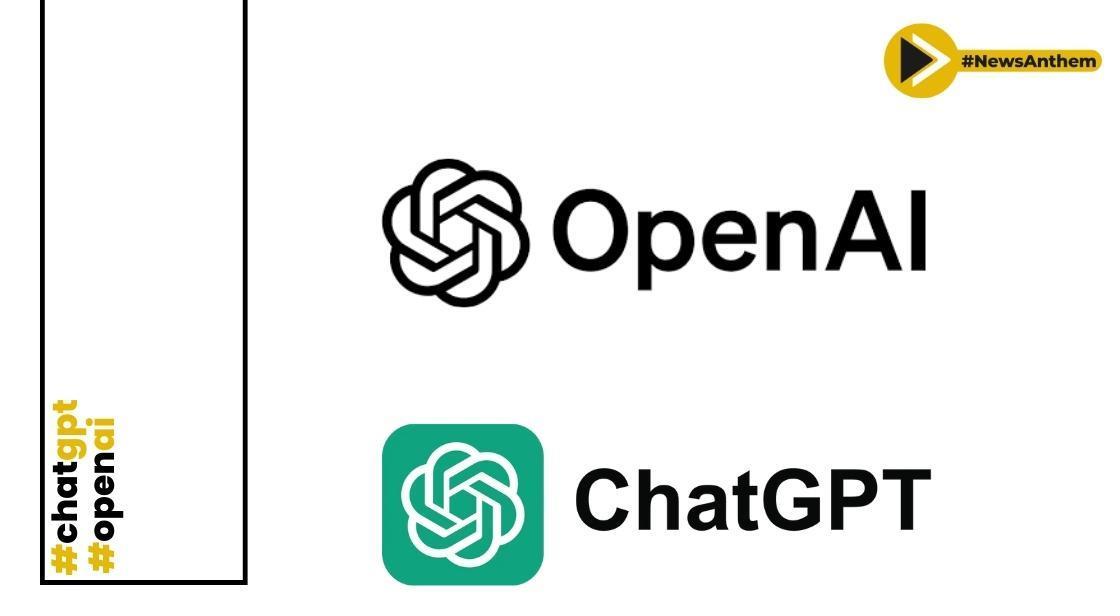OpenAI Postpones Release of Open-Source AI Model Over Safety Concerns

News Synopsis
OpenAI has announced another delay in launching its much-anticipated open-source AI model, initially planned for earlier this summer. The model’s release was already pushed to next week, but now, it has been postponed indefinitely due to unresolved safety concerns.
Sam Altman Breaks the News on X
“We need time to run additional safety tests and review high-risk areas. We are not yet sure how long it will take us,” OpenAI CEO Sam Altman posted on X (formerly Twitter).
“While we trust the community will build great things with this model, once weights are out, they can’t be pulled back. This is new for us and we want to get it right.”
This delay signals OpenAI’s cautious approach to releasing a model with unrestricted access to its weights — the data that defines the AI’s intelligence.
Why the Delay? A High-Stakes Risk Assessment
Unrestricted Use Brings Uncontrollable Outcomes
Unlike the controlled rollout expected for GPT 5, the open-source model was designed to be freely downloadable and modifiable, a first for OpenAI in recent years. However, this level of freedom introduces risks around misuse and ethical abuse, prompting the company to rethink its strategy.
“Capability wise, we think the model is phenomenal — but our bar for an open source model is high, and we think we need some more time to make sure we’re releasing a model we’re proud of along every axis,” said Aidan Clark, VP of Research and project lead at OpenAI.
What Makes This Model Special?
This isn't just another AI release. Insiders suggest the model rivals the o-series models, which power GPT-4o, and has been built to outperform all existing open-source alternatives in reasoning and performance.
However, that ambition comes with complexity. Once the model is out, OpenAI will no longer control how it's used — making pre-release safety tests critical.
The Competition Heats Up: Moonshot AI Enters the Race
Just hours before OpenAI’s announcement, Moonshot AI, a Chinese startup, unveiled its Kimi K2 model — a one-trillion-parameter behemoth. Early benchmarks claim it outperforms GPT 4.1 in both coding and agent-based tasks.
This move increases competitive pressure on OpenAI, as other players like Google DeepMind, Anthropic, and Elon Musk’s xAI also push their next-gen models.
AI Arms Race Escalates, Spotlight Shifts
The delay means OpenAI temporarily steps back from the limelight, a rare retreat for the company that sparked the global AI revolution with ChatGPT. Yet, Altman previously hinted that the model may include something “unexpected and quite amazing,” leaving the tech world speculating whether OpenAI is sitting on a breakthrough capability it’s not ready to unveil.
Conclusion
OpenAI’s decision to indefinitely delay the release of its open-source AI model highlights the complex trade-off between rapid innovation and responsible development in the era of powerful generative AI. The move reflects a growing awareness of the risks posed by unrestricted access to high-capability models, particularly in areas like misinformation, misuse, and security vulnerabilities.
While Sam Altman and his team emphasize transparency and community trust, their caution also signals the irreversible nature of releasing model “weights” into the wild. In contrast, competitors such as Moonshot AI are accelerating forward with massive models like Kimi K2, which could reshape industry benchmarks and shift the innovation spotlight.
OpenAI’s measured approach may be viewed as a blueprint for ethical AI development, or as a strategic pause that opens space for rivals to surge ahead. Regardless, the global AI arms race is intensifying — and success will ultimately depend on balancing speed, safety, and societal impact.
You May Like









